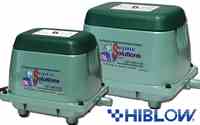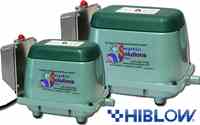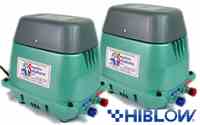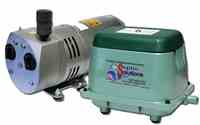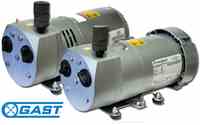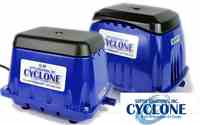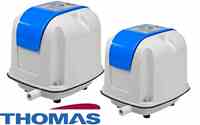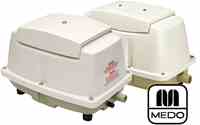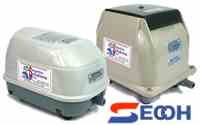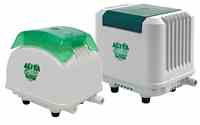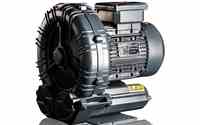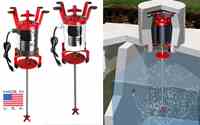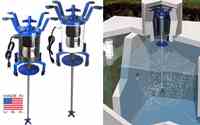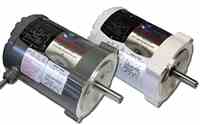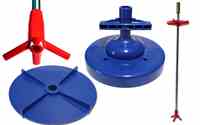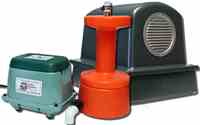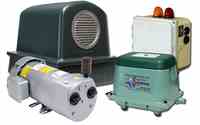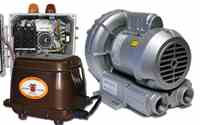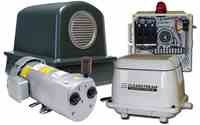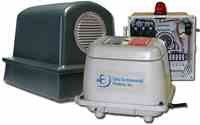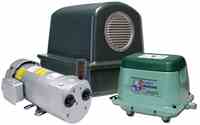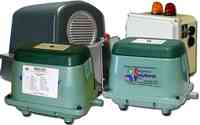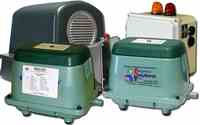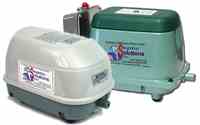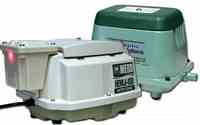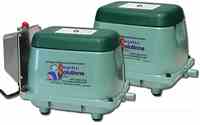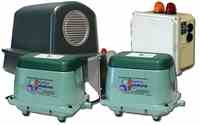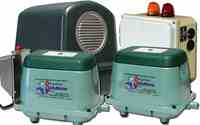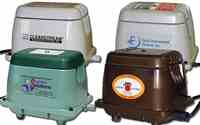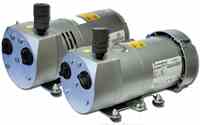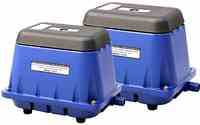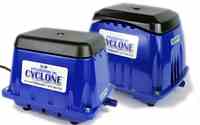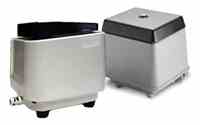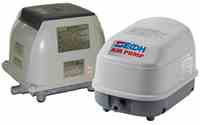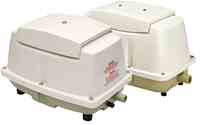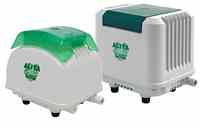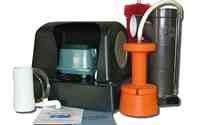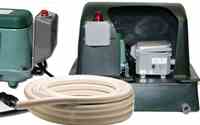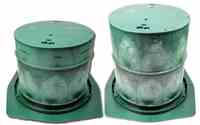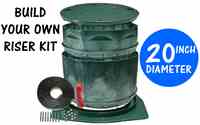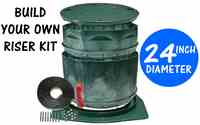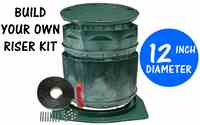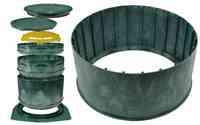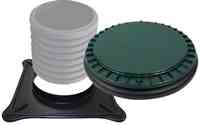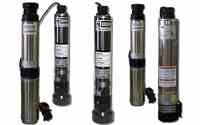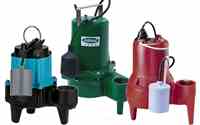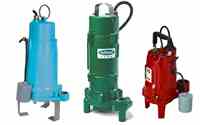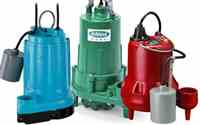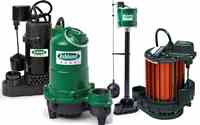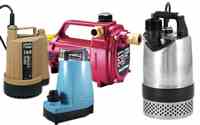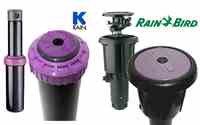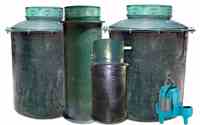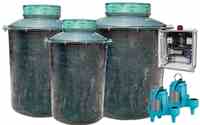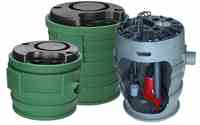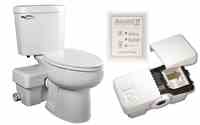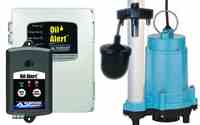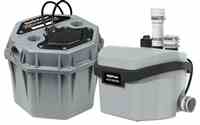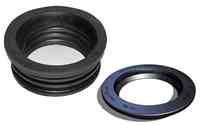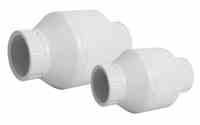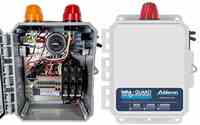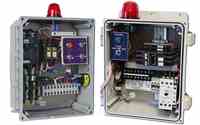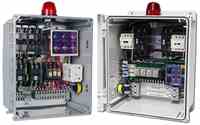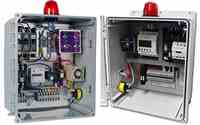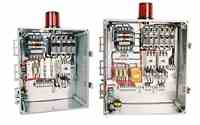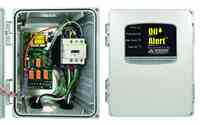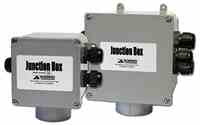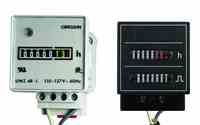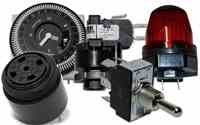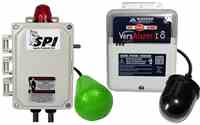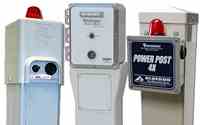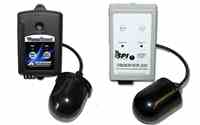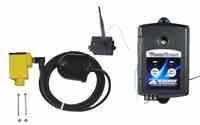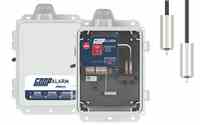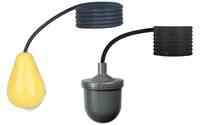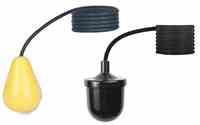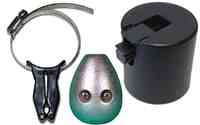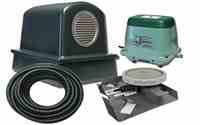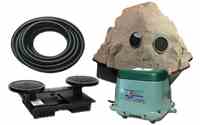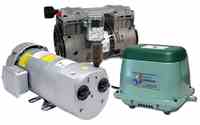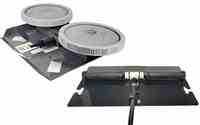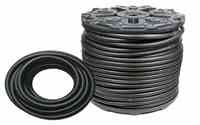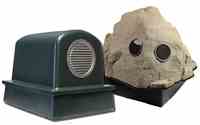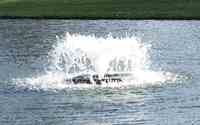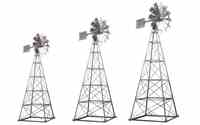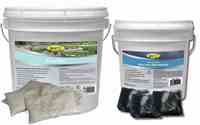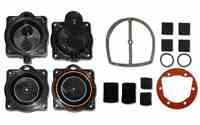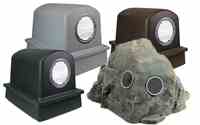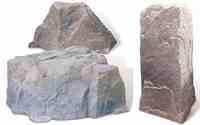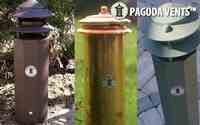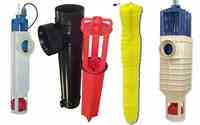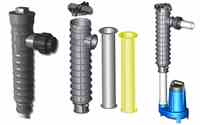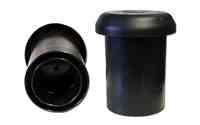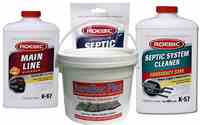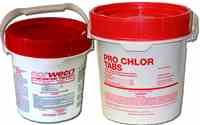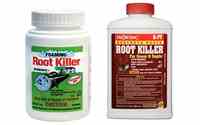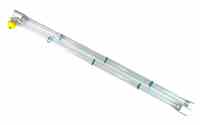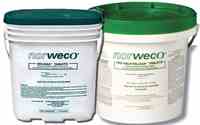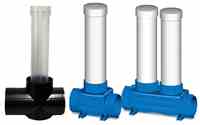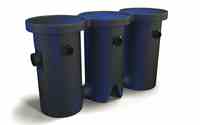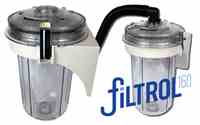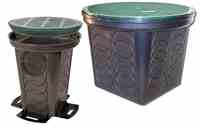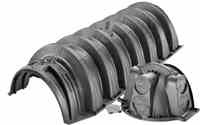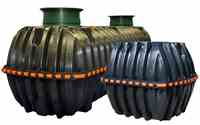Frequently Asked Questions About Septic Air Pumps
Publish Date: July 29, 2025
Below are answers to common questions about septic air pumps, also known as aerators, which are essential for aerobic septic systems and pond aeration. This FAQ provides insights into their function, maintenance, troubleshooting, and more.
What is a septic air pump, and what does it do?
A septic air pump, or aerator, is a device that injects oxygen into an aerobic septic system or pond to promote bacterial activity or maintain healthy aquatic environments. In septic systems, it supports the breakdown of organic waste, ensuring treated wastewater is safe for discharge. In ponds, it prevents algae growth and supports fish by maintaining oxygen levels.
Why is my septic air pump not working?
Common reasons for a septic air pump failure include:
Clogged Air Filter: A dirty filter restricts airflow, reducing pump efficiency. Clean every 6 months and replace annually.
Worn Diaphragms or Vanes: Diaphragms in linear pumps (e.g., Hiblow HP series) wear out after 3-6 years. Replace with a rebuild kit. Vanes wear in rotary vane pumps around the same time frame. The vanes can also be replaced using a rebuild kit.
Power Issues: Check for tripped breakers, loose connections, or power supply failures.
Blockages: Debris in the air line or diffuser can restrict airflow, causing the pump to overwork. If the pump isn’t running, test it with a known power source or contact a professional for diagnostics.
How often should I maintain my septic air pump?
Filter Maintenance: Clean the air filter every 6 months and replace it yearly.
Diaphragm Check: Inspect diaphragms every 3–5 years, depending on the model, and replace if worn.
General Inspection: Check for unusual noises, vibrations, or alarms every few months to catch issues early.
Professional Service: Have a technician service the pump every 2–3 years to ensure optimal performance.
How long do septic air pumps last?
High-quality septic air pumps, like Hiblow’s HP series, typically last 8–12 years with proper maintenance. Rebuild kits can extend their lifespan by replacing worn parts like diaphragms and filters, often doubling the pump’s operational life at a low cost.
Can I run my septic system without an air pump?
No, aerobic septic systems require an air pump to function properly. Without aeration, oxygen levels drop, halting bacterial activity and causing untreated wastewater to accumulate, which can lead to system failure, backups, or environmental contamination. Conventional (anaerobic) systems do not use air pumps.
What size air pump do I need for my septic system?
The required pump size depends on your system’s capacity, typically measured in gallons per day (GPD). For example:
300–400 GPD systems: A pump like the Hiblow HP-40 (40 LPM) is suitable.
500–600 GPD systems: The Hiblow HP-80 (80 LPM) is a common choice.
1,000 GPD systems: Larger models like the HP-100LL or HP-120LL are recommended. Consult your septic system manufacturer or a professional to match the pump’s airflow (liters per minute, LPM) and pressure (psi) to your system’s requirements.
Why is my septic air pump alarm going off?
An alarm typically indicates:
Aerator Failure: The pump isn’t delivering air due to a broken diaphragm, power issue, or clogged filter.
High Water Level: A blockage in the outlet line, a failed submersible pump, or a faulty float switch can cause water to back up. Check the pump’s operation, clean the filter, and inspect the air line. If the issue persists, contact a professional to diagnose control panel or wiring problems.
How do I know if my air pump is providing enough air?
Check Airflow: Disconnect the air line and feel for consistent airflow from the pump. Weak airflow may indicate a clogged filter or worn diaphragm.
Monitor System Performance: Cloudy or odorous discharge water suggests insufficient aeration.
Flow Curves: Refer to the pump’s flow curve (available in product manuals) to ensure it meets your system’s LPM and pressure needs. A professional can measure airflow with a flow meter for precise diagnostics.
Can I install a septic air pump myself?
Yes, many air pumps are designed for straightforward installation, especially models like Hiblow with included connectors (e.g., 5/8" ID tubing). However:
Ensure proper tubing size (e.g., 1/2" ID for up to 100 feet, 3/4" ID for longer runs) to avoid backpressure.
Place the pump in a shaded, vented area to prevent overheating.
Follow manufacturer instructions for electrical connections to avoid voiding warranties. If unsure, hire a professional to ensure compliance with local regulations and proper setup.
How much power does a septic air pump use?
Septic air pumps are energy-efficient, with power consumption varying by model. For example:
Hiblow HP-40: ~38 watts
Hiblow HP-80: ~71 watts
Hiblow HP-120: ~120 watts Running 24/7, these pumps add minimal cost to your electric bill, typically $5–$15 per month, depending on local rates.
Are septic air pumps noisy?
High-quality pumps like Hiblow operate quietly, often at 36–40 dBA, similar to a low hum. To minimize noise:
Place the pump on a stable, vibration-free surface.
Use a vented enclosure to reduce sound while ensuring airflow.
Regularly clean filters to prevent overworking, which can increase noise.
What should I do if my air pump gets wet or flooded?
Most septic air pumps, like Hiblow’s HP series, are UL-rated for outdoor use but are not waterproof. If the pump gets wet:
Disconnect power immediately to avoid electrical hazards.
Remove the pump from water and dry it thoroughly.
Inspect for damage, especially to electrical components and diaphragms.
Do not restart until fully dry and inspected by a professional, as water damage may require repairs or replacement.
Can I use an aftermarket rebuild kit for my air pump?
Using aftermarket rebuild kits is not recommended, as they may not meet manufacturer specifications, potentially causing damage or voiding warranties. Stick to factory-certified kits (e.g., Hiblow rebuild kits) for reliable performance and compatibility.
For additional questions or support, contact your air pump manufacturer or a local septic service professional.


